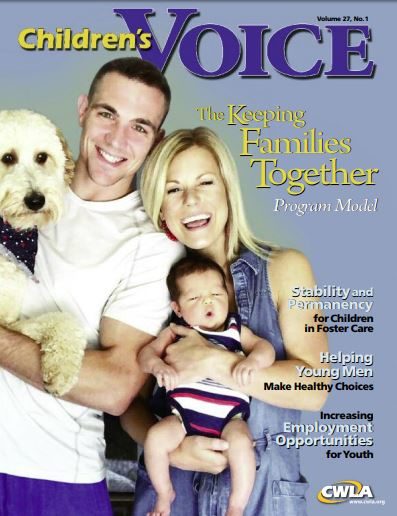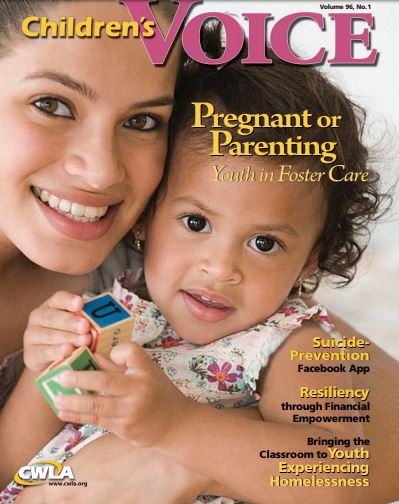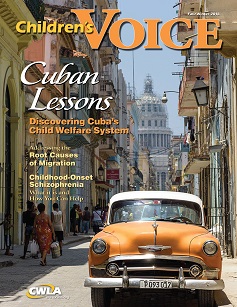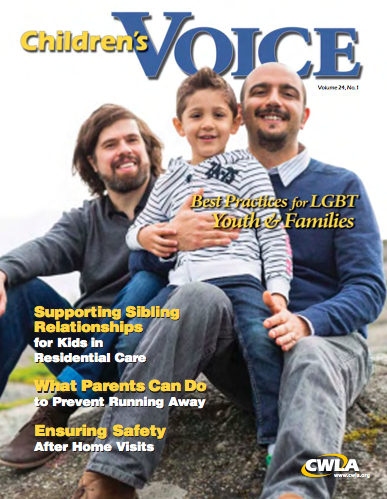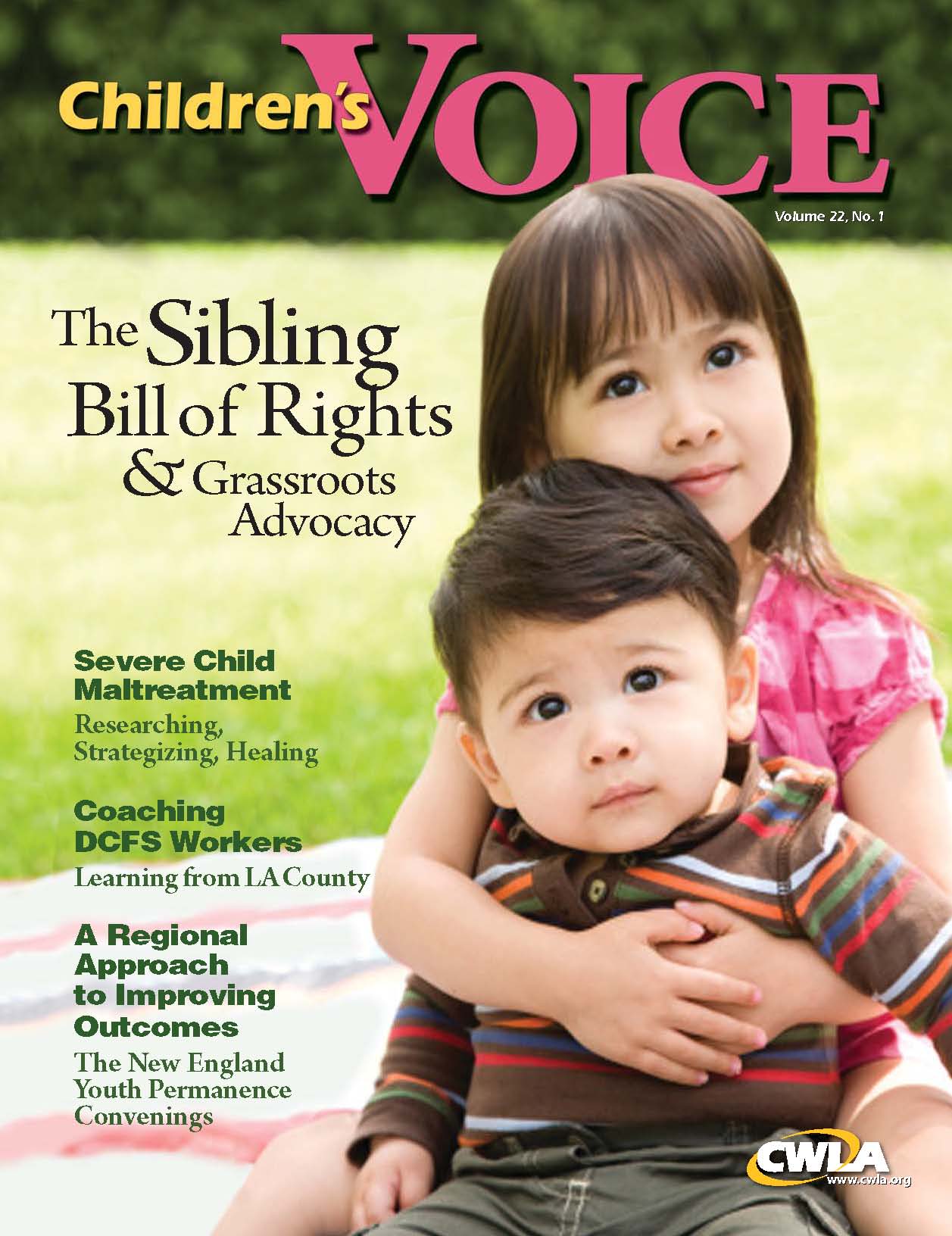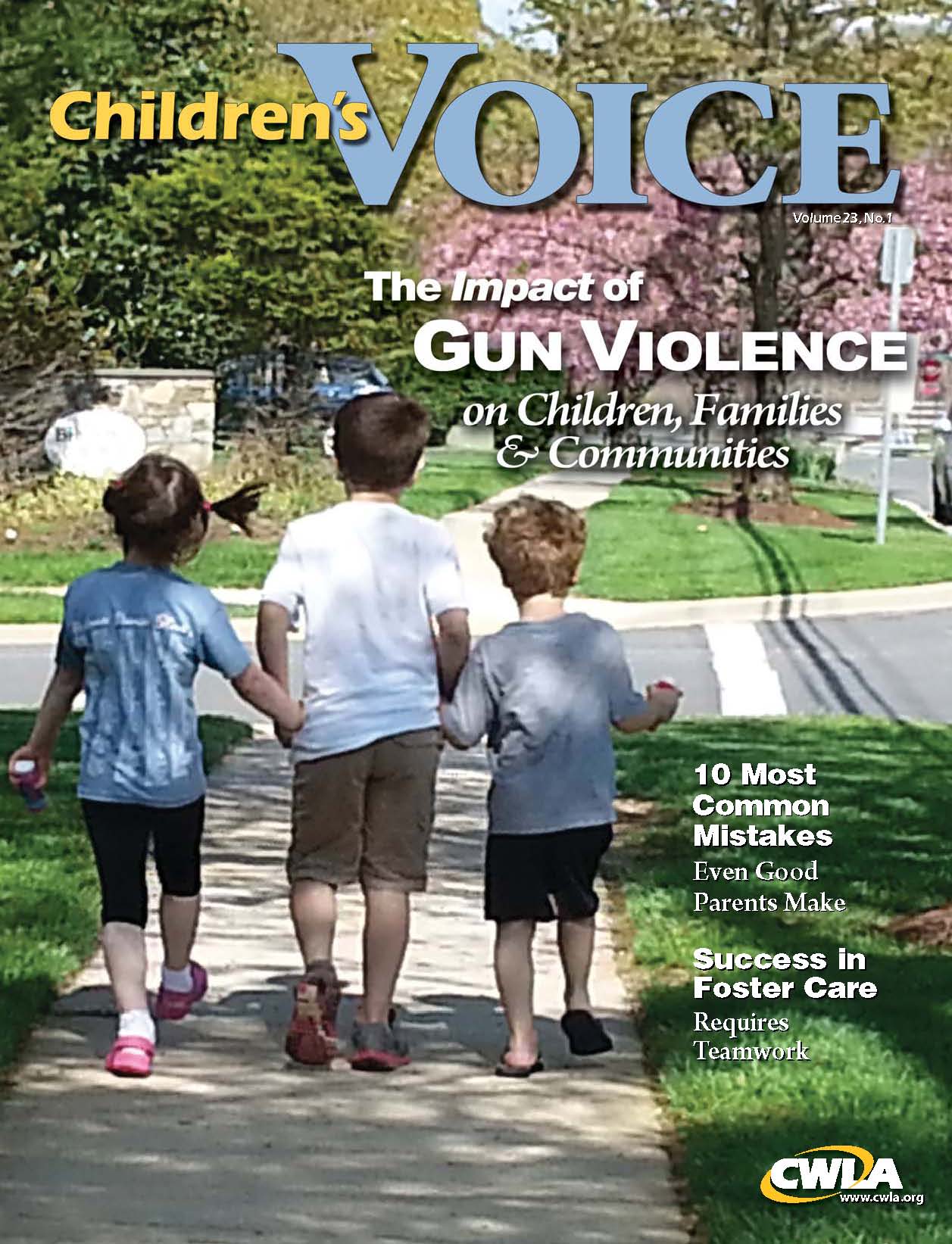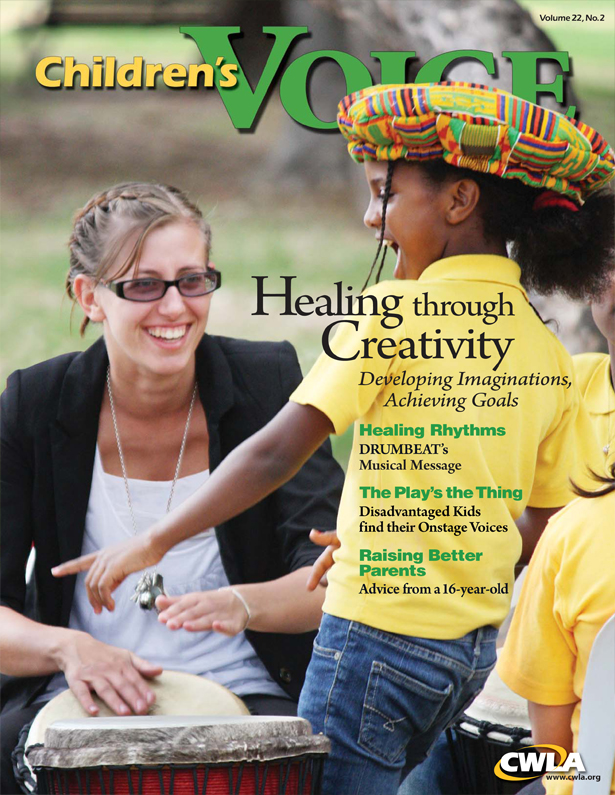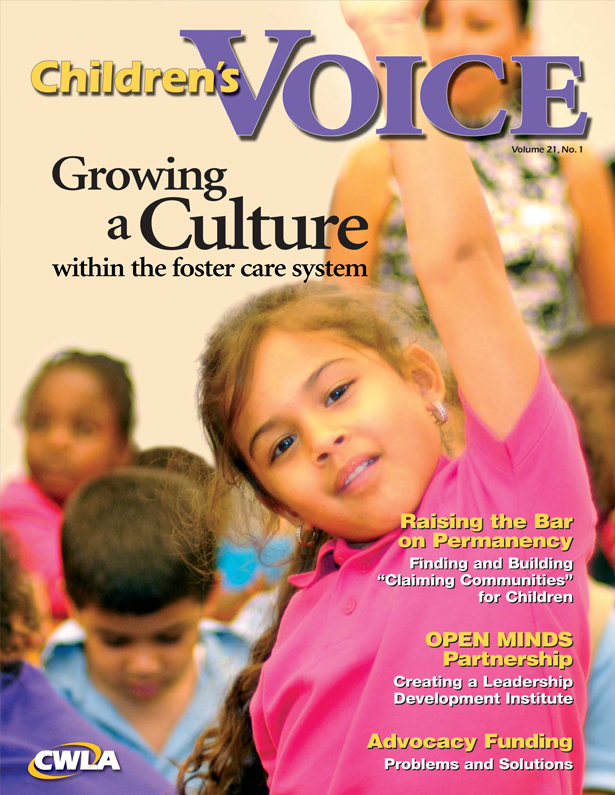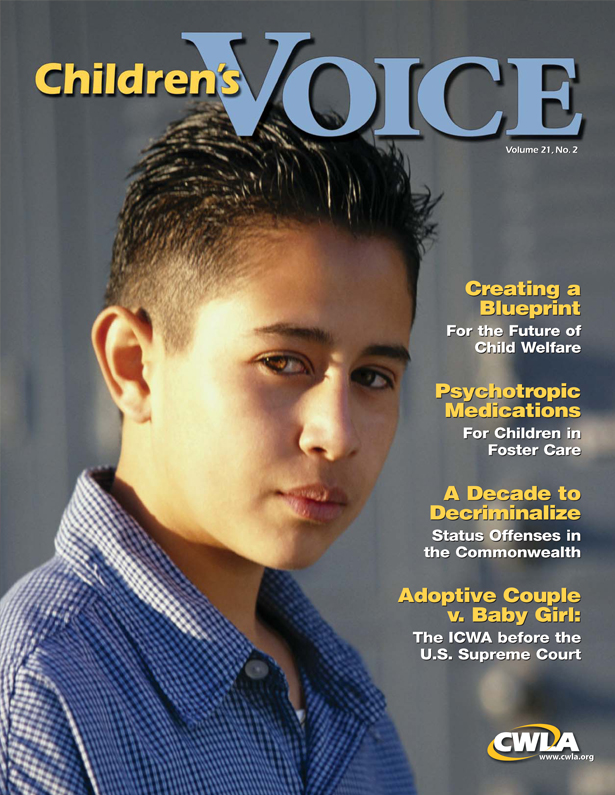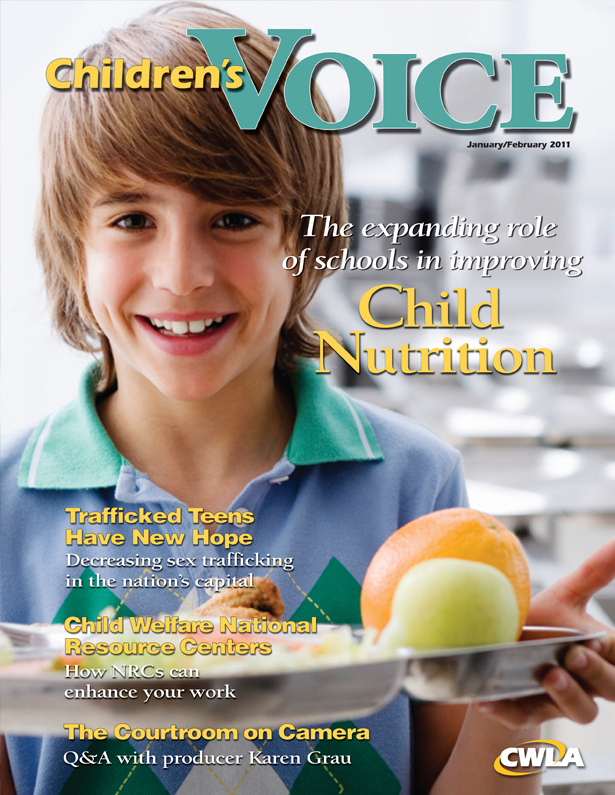A Home Amid Crisis: The Keeping Families Together Program Model
Published in Children’s Voice, Volume 27, Number 1 by Jennifer Michael Every family needs a roof over its head. But what if poverty, substance use, or struggles with mental health issues imperil a family’s ability to keep a home and protect its children? Over the last decade, a program model called Keeping Families Together

